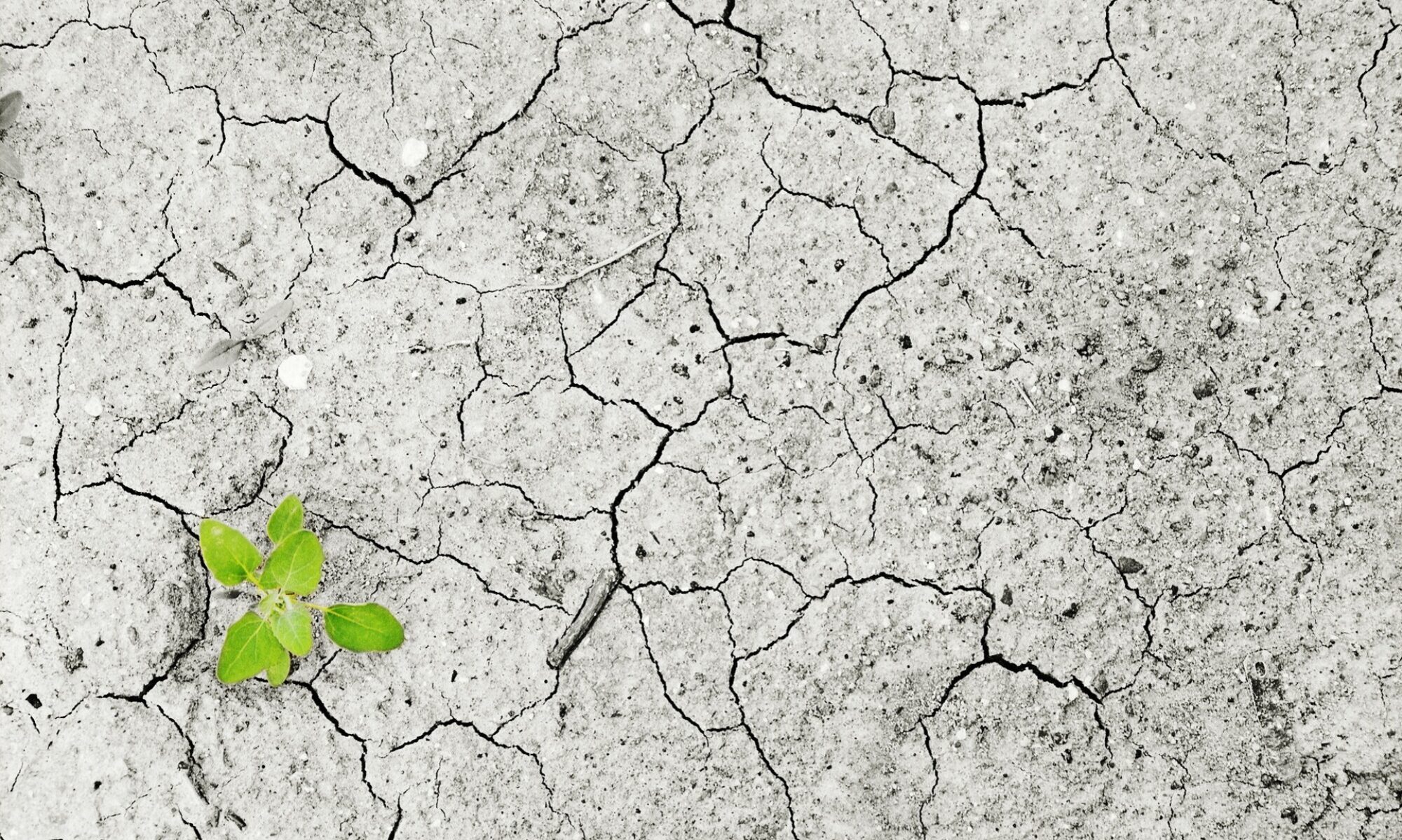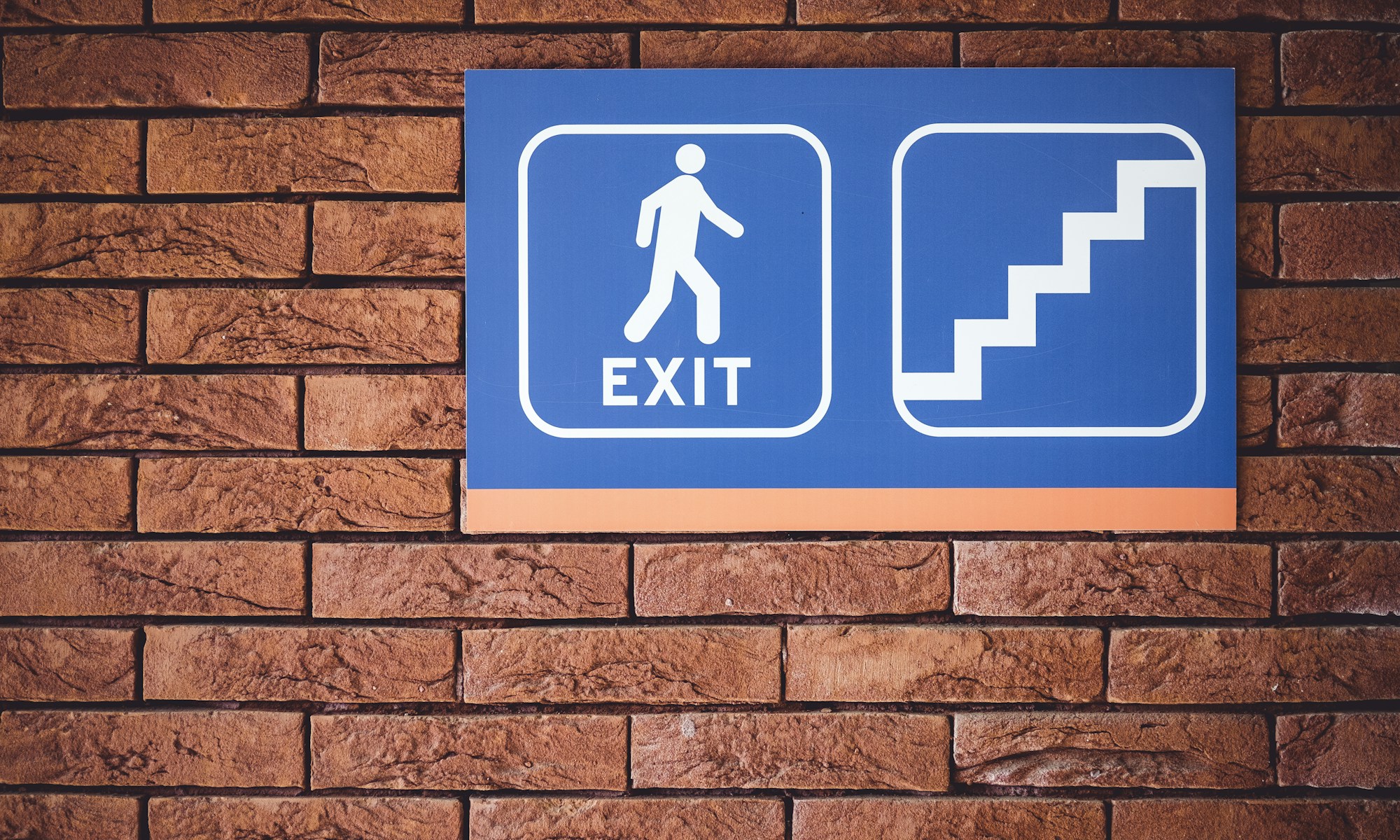14 June 2022 – by Willy Phillips
Globally, Persons with Disabilities (PWDs) are two to four times more likely to experience injury or death during natural disasters and war than non-disabled individuals. This silent reality has long accompanied the aftermath of calamity. Places like Ukraine, struck by war, and the Philippines, under the barrage of natural disasters, share the often overlooked necessity of aiding PWDs amidst the chaos.
In response to disasters, many individuals must migrate from their homes. For PWDs, however, the options are limited. Without specialized equipment or proper training, those aiding cannot evacuate this group of individuals safely.
In Ukraine, the Russian invasion has left 2.7 million PWDs in dire situations. The UN Committee on the Rights of PWDs has said in the wake of this conflict, disabled individuals have faced the worst of the war. The reports mention that “many people with disabilities, including children, are trapped or abandoned in their homes, residential care institutions and orphanages, with no access to life-sustaining medications, oxygen supplies, food, water, sanitation, support for daily living and other basic facilities.” Most of the 4.8 million who have fled the country are reportedly able-bodied.
In the Philippines, natural disasters like super typhoon Rai in December 2021 impacted nearly 12 million individuals. As of April 2022, 12,000 individuals are still displaced, and roughly half are housed in temporary evacuation centers. While the damage was immense and the recovery has been grueling, this storm has had a better ending for PWDs. A humanitarian organization called Community and Family Services International (CFSI) has set out to change the statistics for PWDs, especially children. Following the storm, CFSI provided 1,800 families with documented assistance. Each of these families had at least one elderly or disabled household member.
While much work is still required, CFSI sets the example for ensuring that these memebers of our society are accounted for. A paradigm shift toward equality emerges using a UN-backed framework called ‘disability inclusive disaster risk reduction’, or DiDRR. An essential component in the fight for the human rights of all persons, this guideline aims to change the attitudes of states and individuals towards a future of more comprehensive disaster readiness.



